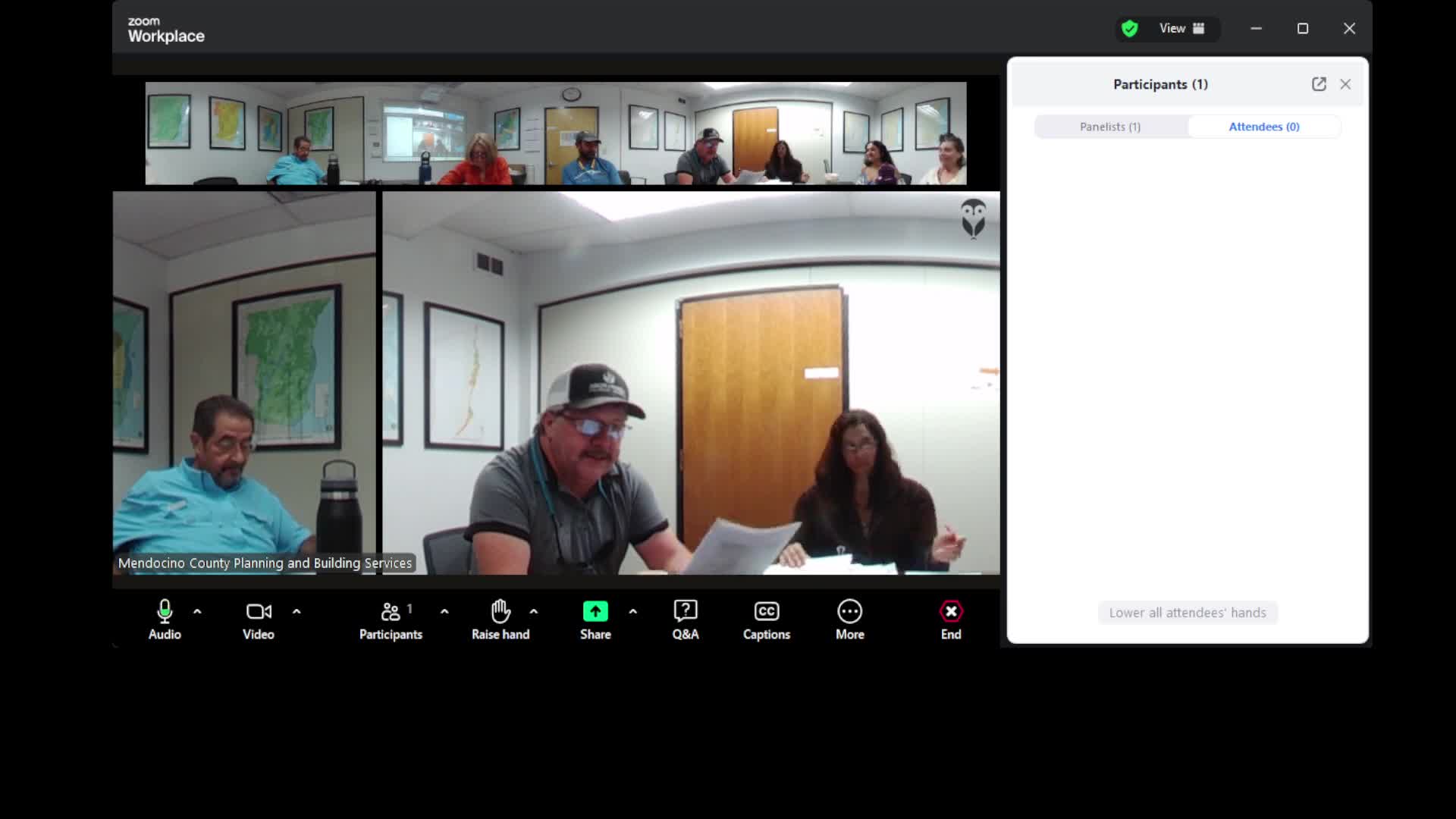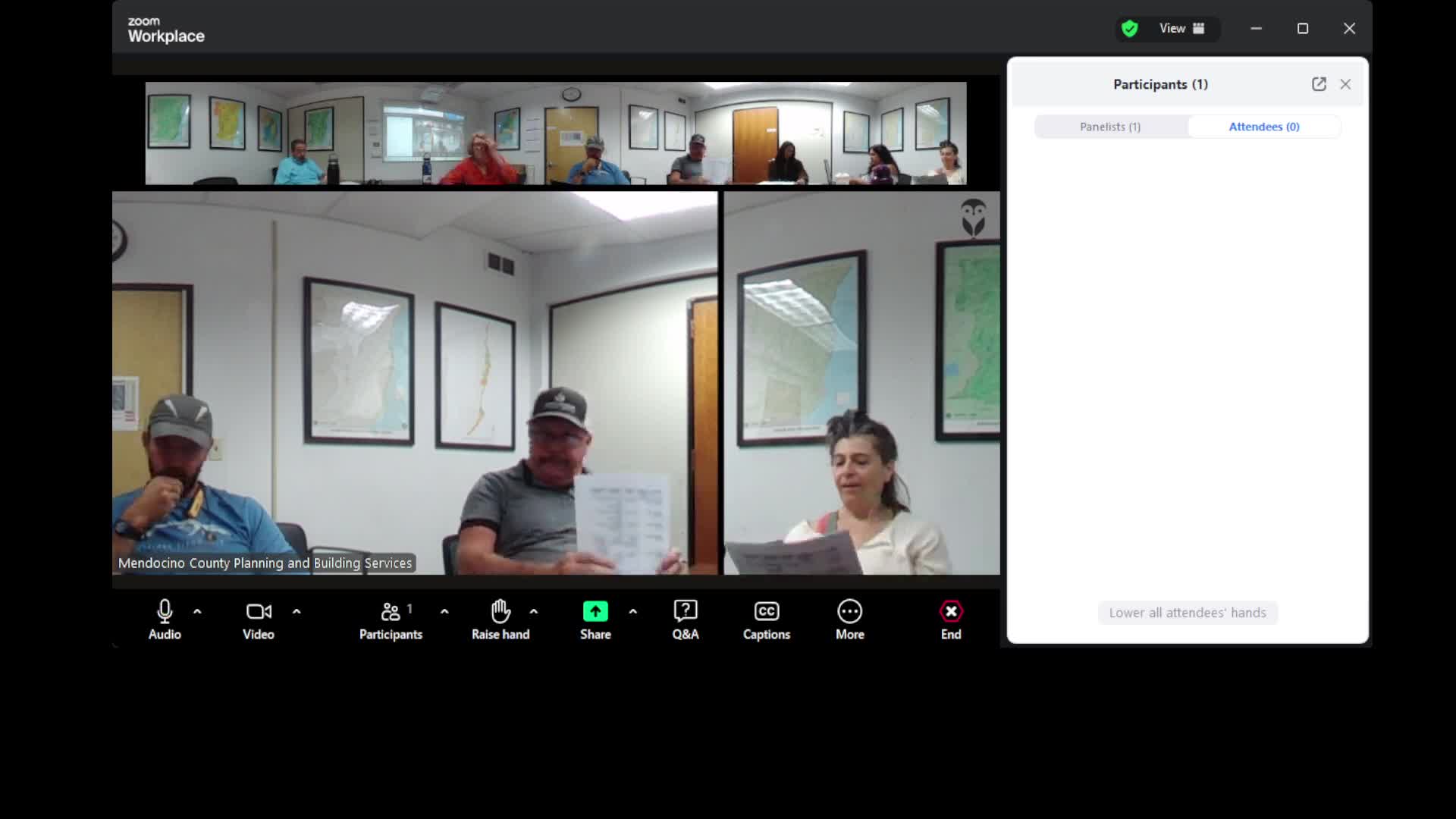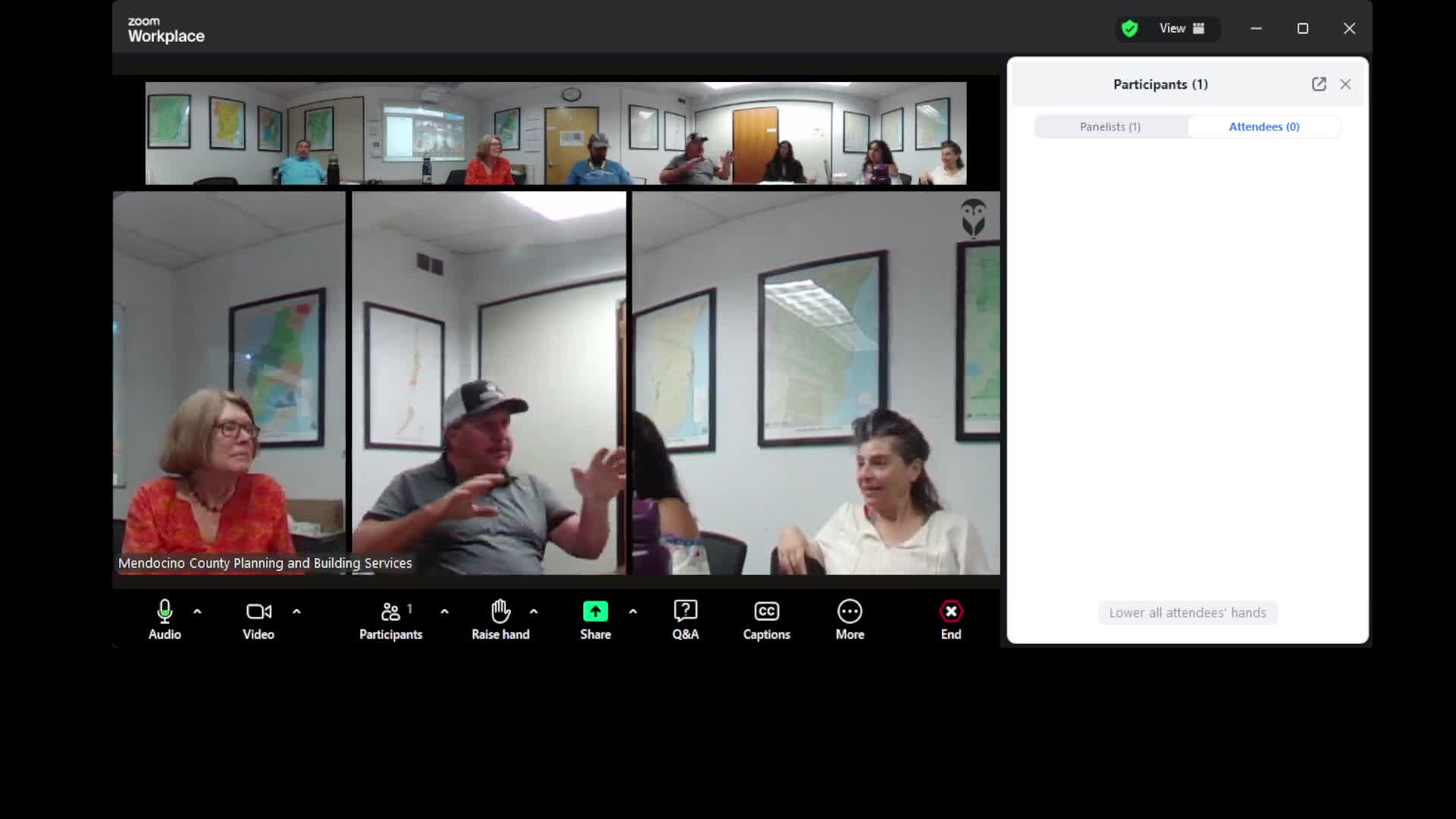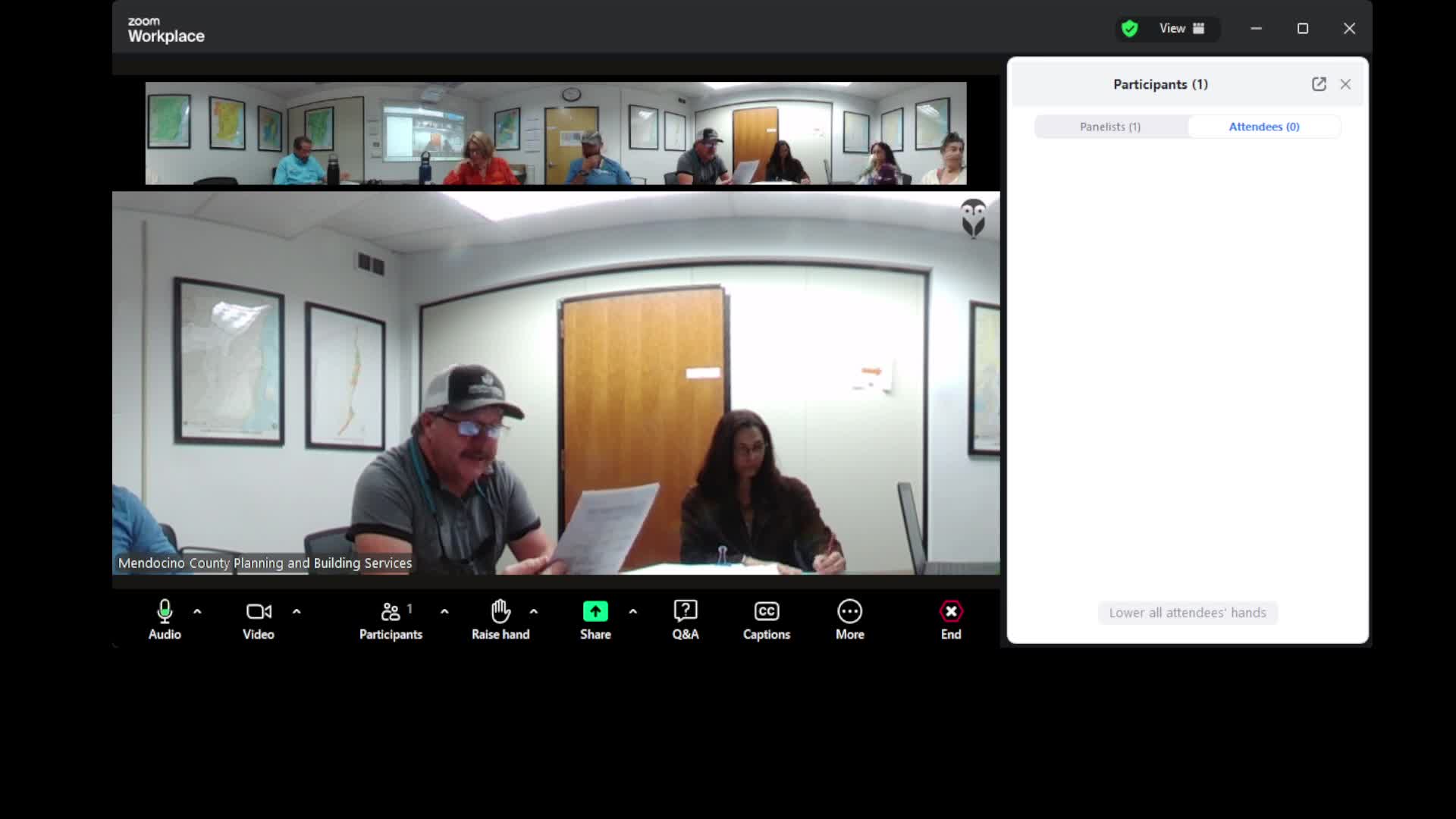Article not found
This article is no longer available. But don't worry—we've gathered other articles that discuss the same topic.

Commission approves minutes and adjourns; no other formal votes recorded

Advisory commission to forward research on coastal encampments and water‑quality risks to sheriff, CDFW and board

Commissioners hear update on Hammerhorn Lake rehab, wilderness redraw forces reconsideration of diversion

